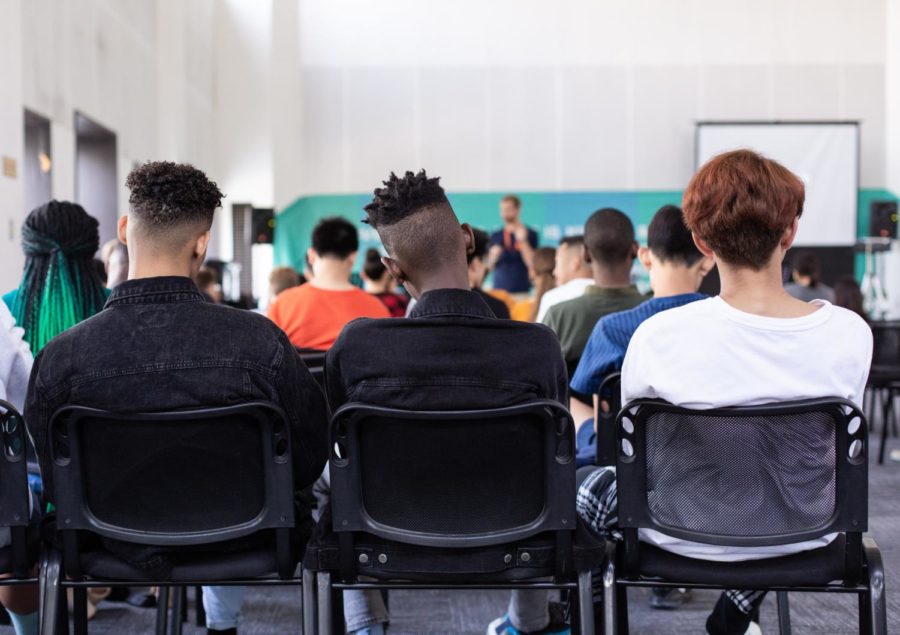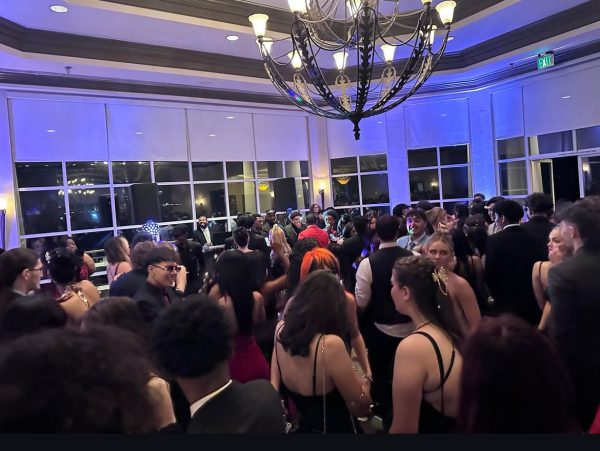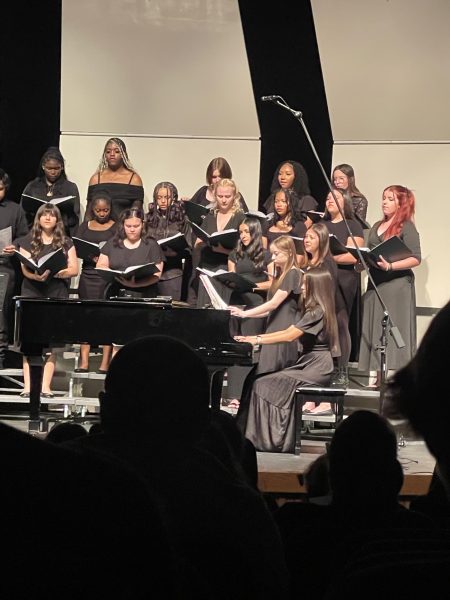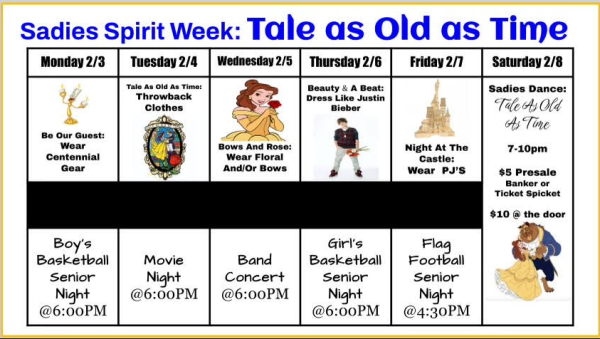Should Centennial have a later start time
Students listening in class.
Many people complain about the start time at Centennial, but is the early start time more beneficial?
The bell rings at 6:55 a.m. and students have five minutes to get to their first period. This means that most students have to get up around five or six.
Many students hate waking up that early and say they’re tired throughout the day because they don’t get enough sleep. Most are busy with after-school activities or homework.
Studies show that when students do not get enough sleep, they often start having unhealthy habits like smoking, being overweight, and having poor academic performance.
“Sleep deprivation is a growing public health issue affecting our nation’s adolescents, putting them at risk for mental, physical, and emotional distress and disorders,” AMA board member Dr. William Kobler said.
This causes an issue amongst families concerned about their children and the student’s stress about school daily.
“Scientific evidence strongly suggests that allowing adolescents more time for sleep at the appropriate hour results in improvements in health, academic performance, behavior, and general well-being,” Kobler said.
Some students enjoy the early start time, even though it requires them to get less sleep and wake up earlier. When school starts early, school ends early too, helping students that have a job, have siblings to pick up, play sports, or have other extracurricular activities.
When school ends earlier, students have a larger portion of the day to do what they want compared to if there was a later start time.
Even though there are a lot of pros to having an early start time, having a later start time would be better. Teachers will not only see more participation in the classrooms, but students will also find it easiest to memorize the material.
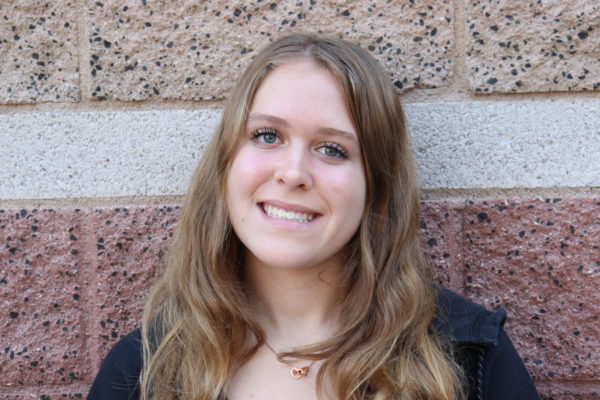
Alina Paradowski is a Junior at Centennial High School and The Editor-in-Chief for The Bark. Born and raised in Raleigh, North Carolina, she has always...


